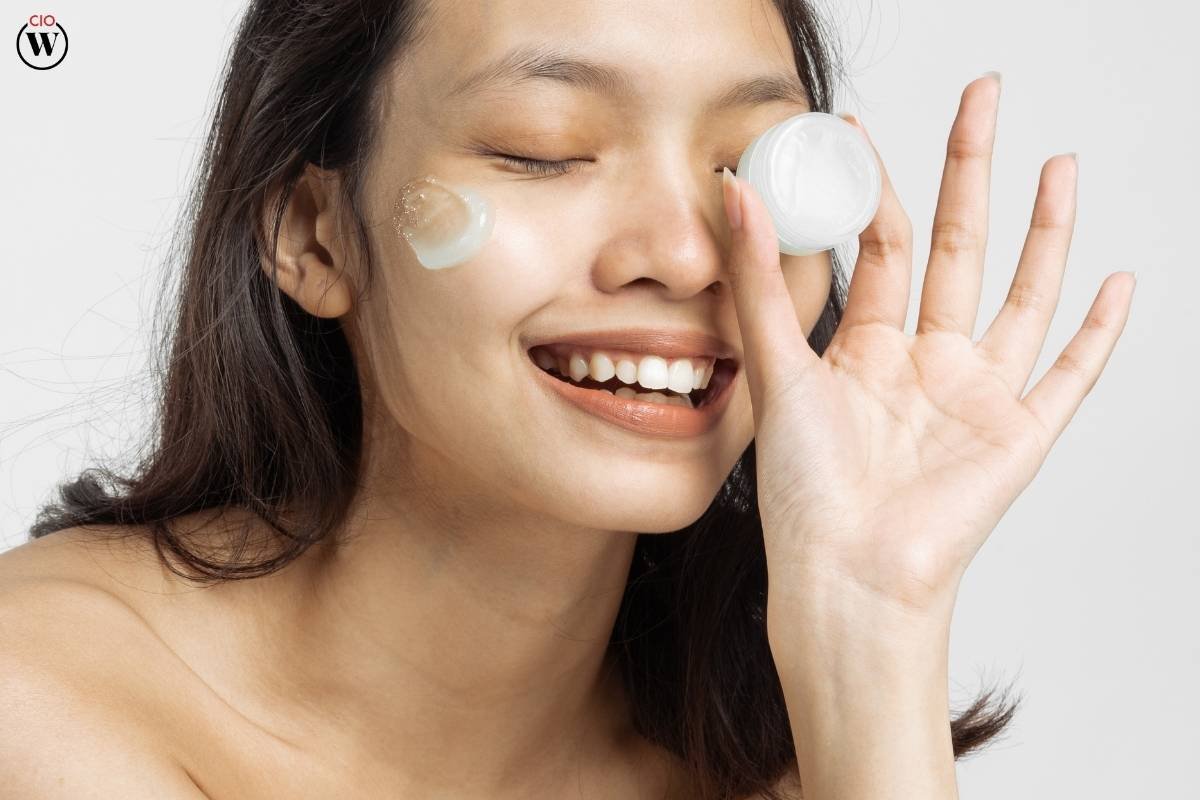Discover expert tips for managing oily skin in this comprehensive guide to effective oily skin consultations. Whether dealing with excess shine, enlarged pores, or frequent breakouts, this article will provide valuable insights and practical advice for achieving a balanced and healthy complexion.
Learn how to tailor your skincare routine and address specific concerns during your next skin consultation.
Understanding Oily Skin and Its Causes
Oily skin is characterized by an overproduction of sebum, the skin’s natural oil. This often leads to a shiny complexion, enlarged pores, and a predisposition to acne and blemishes. Common causes of excess oil production include genetics, hormonal fluctuations, environmental factors, and improper skincare routines. If you have oily skin, you may also experience a higher risk of developing conditions such as acne and seborrheic dermatitis.

Genetics and hormones have a big impact on oily skin. Genetic factors determine your skin type and how much oil it produces, while hormonal changes during puberty, menstruation, pregnancy, and menopause can cause oil levels to fluctuate. It’s important to recognize these influences when managing oily skin to understand and address its unique needs effectively.
The Importance of Professional Oily Skin Consultation
Here’s why professional skin consultations are crucial for you:
1. Customized Skincare Solutions
Professional oily skin consultations are indispensable for effectively managing oily skin. Skincare professionals, including dermatologists and aestheticians, possess the expertise to assess the unique needs of oily skin and recommend personalized solutions tailored to address specific concerns. A qualified dermatologist can even offer advice on a number of skin conditions and rashes, including shingles, which is often treated with shingles rash treatment cream. Advice like this is invaluable if you have a skin problem and you can’t pinpoint the cause.
2. Prevention and Treatment of Skin Issues
Through a comprehensive assessment during a skin consultation, professionals evaluate the your skin type, existing skincare regimen, and any underlying skin conditions. This evaluation not only helps in devising a customized skincare plan but also aids in preventing and treating issues such as acne and excessive sebum production.
3. Access to Advanced Resources
Beyond basic skincare advice, consultations with skincare professionals provide access to advanced cosmetic procedures and healthcare services. Additionally, you can explore opportunities such as aesthetics training academies to further your knowledge and skills in skincare and dermatology.
For top-quality skin consultations, especially if you have oily skin, choose Honey Skincare Studio in Arlington, VA. Their expert team will analyze your skin and create a personalized plan to address your specific needs. With their commitment to excellence, you can rely on them to provide professional guidance and effective solutions for achieving healthy, radiant skin.
Preparing for a Successful Skin Consultation
Here’s how you can prepare and maximize your oily skin consultation:

1. Open Communication
Before a oily skin consultation, you should be prepared to discuss your skincare concerns and goals with the professional openly. Sharing information about past skincare products and treatments helps the professional better understand your skincare history, facilitating more tailored recommendations.
2. Documentation of Skincare History
Bringing a list of current skincare products, medications, and previous treatments enables the professional to gain insight into your skincare journey. This documentation assists in identifying potential triggers for skin issues and aids in formulating an effective treatment plan during the consultation.
3. Active Participation
Successful oily skin consultations require active participation from both the individual and the skincare professional. By engaging in discussions about recommended treatments and skincare routines, you can better comprehend your skincare needs and make informed decisions regarding your skincare journey.
Tailoring Your Skincare Routine for Oily Skin
Aside from having oily skin consultations, you should accompany them with a tailored skincare routine.

1. Gently Cleanse and Exfoliate
To effectively manage oily skin, begin with a gentle cleansing routine using non-abrasive cleansers. These products clean deeply without removing the skin’s natural oils. Exfoliation is also key, helping to remove dead skin cells and prevent clogged pores, resulting in a smoother complexion.
2. Use Moisturizers and Sunscreens
Even with oily skin, moisturizing is vital for skin health. Opt for oil-free, non-comedogenic moisturizers that hydrate without adding excess oil. Additionally, choose lightweight sunscreens to protect against sun damage without making oily skin feel greasy.
3. Consider Targeted Treatments
Include specialized treatments in your skincare routine to tackle excess oil and blemishes. Products such as bio-calm repair masques can regulate oil production and calm irritated skin. These targeted solutions effectively manage oily skin without worsening inflammation or causing more breakouts.
FAQs
1. Is it necessary to moisturize oily skin?
Yes, moisturizing oily skin is crucial for maintaining its health and balance. Choose oil-free, non-comedogenic moisturizers that hydrate without adding extra oil. These moisturizers help nourish the skin and prevent it from becoming overly dry or producing more oil to compensate.
2. What role does diet play in managing oily skin?
While the diet itself might not directly cause oily skin, certain foods can impact sebum production and skin health. Eating a balanced diet with plenty of vegetables, fruits, and omega-3 fatty acids can help regulate oil production and enhance the skin’s overall condition.
3. Are there any lifestyle changes that can help improve oily skin?
Making lifestyle adjustments like managing stress, getting enough sleep, and avoiding excessive alcohol and smoking can lead to healthier skin. These changes influence hormone levels and overall skin health, which may help decrease excess oil production.
Conclusion
In conclusion, effectively managing oily skin requires a tailored approach that addresses the specific concerns associated with excess oil production. Professional oily skin consultations play a crucial role in providing personalized guidance and recommendations if you have oily skin. By understanding the characteristics of oily skin, preparing for successful skin consultations, tailoring skincare routines, making informed product choices, and addressing specific concerns, you can achieve a balanced and healthy complexion.
Regular skin consultations are essential for maintaining healthy skin and seeking professional guidance for personalized skincare plans. By partnering with skincare professionals and having a personalized skincare routine, you can take proactive steps towards achieving your skincare goals and maintaining optimal skin health.









